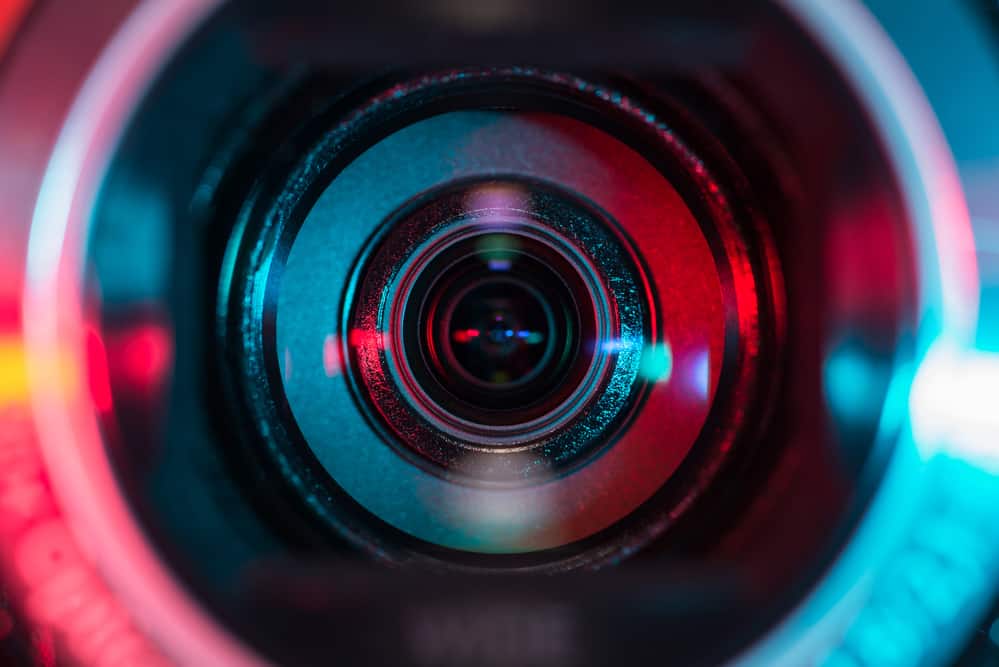
Can I Record a Video in Public? When Do I Need Consent?
Texas Video Recording Laws
These days, it seems that almost everyone has a digital camera or a phone with video recording technology in their pocket. People use this technology to take pictures and record videos in many different locations and situations. However, in some situations, recording video or audio may be against the law.
Texas has very specific laws regarding when and where it is legal to record video or audio. These laws often focus on the issue of consent. This means that, in certain circumstances, it may be illegal to record someone who has not given consent to be recorded.
The Issue of Consent
When it comes to making a video or audio recording in Texas, consent is a very important issue. Texas has laws on this issue that are known as “one-party consent” laws. This means that if one person in a group agrees that the conversation may be recorded, then a recording is legal.
For example, suppose that Dave calls Megan on the phone. In most cases, Dave is allowed to record the conversation even if Megan doesn’t know that the call is being recorded. This is because Dave has given consent to the recording. Also, Dave may record a phone call between Megan and Alice if Megan agrees to be recorded. This is because Megan is a party to the conversation, and she consented to the recording.
If Dave and Megan are eating lunch at a restaurant and Alice is seated at the table next to them, Alice may legally use an audio or video device to record their conversation. This is because Dave and Megan are in a public place; therefore, they have no reasonable expectation of privacy even if they don’t consent to the recording. However, if Dave and Megan are in their home or another private place, they can’t be recorded without consent.
Hidden Cameras and Surveillance
Surveillance cameras can be found in many different public places. In general, a surveillance camera can legally record any images or videos as long as:
- The camera is clearly visible and not hidden
- The camera is located in a public place
If the camera records audio as well as video, then the laws regarding the recording of conversations apply. This means that the consent of the person being recorded must be obtained in order to legally record audio.
Hidden cameras used to be expensive and rare. Now they are cheap and easily obtainable. In most cases, a person wearing a hidden camera can legally record video while walking around in public. If the camera also records audio, then the standard consent laws apply. If the recording happens in a public place, then audio and video recording are legal.
Posting a sign notifying people that they are being recorded in a private place is not equivalent to actually obtaining consent. These signs are not a legal defense to non-consensual private recordings.
When Is Recording Illegal?
There are very specific circumstances under which video recording is not allowed. If a person does not obtain consent beforehand, it is illegal to record:
- In private places, such as bathrooms or dressing rooms
- In a way that is meant to be sexually gratifying to any person
- In a way that is meant to invade the privacy of another person
Engaging in any of these activities can lead to criminal charges. If a person takes illegal recordings and attempts to distribute, sell, or trade them, charges may be filed even if that person did not create the original recordings.
Learn how a criminal defense attorney can help. Get your free ebook today »
Legal Penalties
There are very serious penalties for recording, possessing, or distributing illegal recordings. In Texas, a person who is charged with making an audio or video recording of another person without consent and with the intent to invade their privacy or arouse sexual desire may be charged with a state jail felony. A conviction on this charge can lead to:
- 180 days or up to two years in state jail
- A fine of up to $10,000
These same penalties can apply to a person who distributes, promotes, sells, or trades illegally recorded images.
A person who illegally records a phone call, electronic communication, or in-person conversation may also be charged with a felony. In addition, the law allows a person who is victimized by such recordings to sue the convicted person for $10,000 for each violation.
Legal Defenses
An attorney who represents a defendant who has been accused of making illegal recordings may be able to fight the charges in court. In many cases, this kind of defense will include the issue of consent. If the attorney can introduce evidence that shows that the defendant obtained consent before the recording, the charges may be dropped. In other cases, the attorney may be able to negotiate for a plea bargain.
